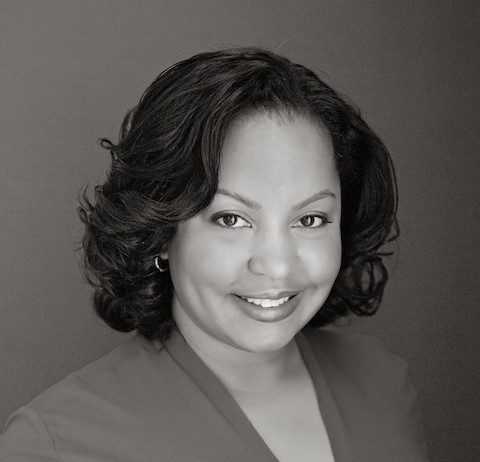State representative Rick Womick (R-Rockvale) is wasting no time in taking advantage of the passage of Amendment 1, a constitutional amendment that passed this month giving legislators the right to enact stricter abortion laws.
A bill introduced by Womick would require that women who choose to have an abortion would have to first hear the heartbeat of the fetus, unless there’s a medical emergency.
It also requires medical providers to show the patient an ultrasound. If the patient declines, the provider would be required to provide a verbal explanation of a live ultrasound, describing the fetus’ stage, including the heartbeat, internal organs, legs, and arms, if present.
CHOICES Memphis Center for Reproductive Health is urging its pro-choice supporters to reach out to state representatives. The clinic is also working with Healthy & Free Tennessee, a statewide organization aiming for more progressive reproductive and sexual health legislation.
 Mitar Gavric | Dreamstime.com
Mitar Gavric | Dreamstime.com
Rebecca Terrell, the executive director for the clinic, said what some pro-life legislators call regulation is actually restriction.
“The idea behind Amendment 1 was, ‘We’re going to introduce bills to ensure that women get safe care,'” she said. “So what on earth does this have to do with women getting safe care?”
According to Womick’s bill, a woman would be required to have the ultrasound (or verbal explanation of an ultrasound) two days before the scheduled abortion — something that Terrell said only restricts access to a procedure. She said procedures need to be completed as soon as possible to ensure they are as safe as possible. Since abortions are not performed every day, a woman who goes in for an ultrasound and then needs an abortion might add a few days or a week to her appointment, making it “less safe by definition,” Terrell said.
Ultrasounds are already offered to patients as standard practice, Terrell said.
“We really just use it to date the gestation of the pregnancy, so there’s no looking for fingers and toes,” she said. “But the majority of our procedures are so early, you can’t really see any of that anyway. We always ask the patient if she would like to either see the image or have a copy of the image. All the studies [show] that seeing the image has very little effect on the women’s decision, that they have made that decision before they come.”
The Family Research Council, a pro-life organization based in Washington, D.C., quotes a study that says otherwise, but an independent study conducted by the University of California in San Francisco, published in January of this year, measured data from more than 15,000 women who sought abortions at an urban clinic. Nearly 43 percent of women chose to view their ultrasound, but 98.4 percent of those who viewed it still terminated their pregnancy. Out of the 15,000, 98.8 percent of women still followed through with their abortion procedure.
“If there’s any kind of devastation, like in a case of rape or a pregnancy terminated for medical reasons, why would you want to traumatize someone like that?” Terrell said. “It’s cruel, and it’s so intrusive. It’s about shaming the woman.”
In January of this year, a federal judge struck down a law in North Carolina requiring medical providers to describe the fetus in detail, even if the patient asked to the contrary, declaring it unconstitutional.
“We have our job. We have to provide the care,” Terrell said. “So, who’s fighting the fight? I hope that maybe some lights went on for people in this Amendment 1 battle — that [abortion] might actually be unavailable to people in our state. Legislators do pay attention when they hear from their very own districts, so don’t think your voice is unimportant. It can have an impact.”
